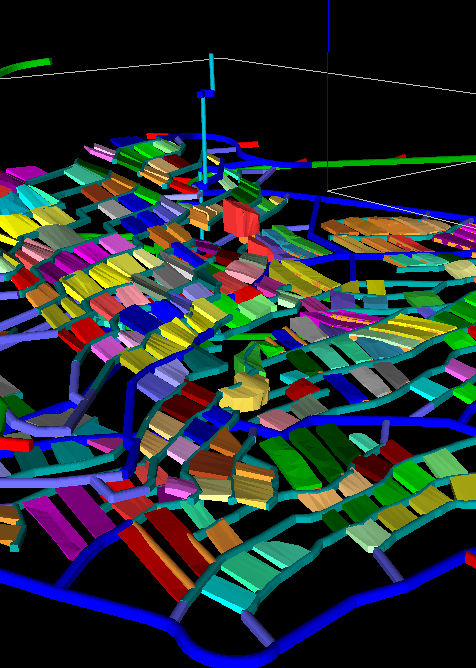P1043 - Framework for Rapid Automated Underground Mine Optimisation

Value
AUD $1,350,000
Commencement Date
April 2011
Duration
3 years
Program Manager
Gray Bailey
Research Providers
Alford Mining Systems - Mr Chris Alford; AMC Consultants Pty Ltd
Sponsors
Barrick Gold Corporation; BHP Billiton; Boliden Minerals AB; CAE Mining (Datamine); Deswik Mining Consultants Pty Ltd; Glencore Canada; Maptek Pty Ltd; Minerals and Metals Group Ltd (MMG); MineRP (Australia) Pty Limited; Newmont Mining Corporation; VALE Canada Ltd
PROJECT SUMMARY
This project brought together a team of applied researchers, industry consultants and software suppliers to deliver an integrated set of tools for rapid, automated optimisation of underground mining projects, where the goal is to evaluate hundreds of scenarios and identify the best set of design criteria and parameters in a strategy optimisation project. The goal of the project was to identify the core components and design objectives for an underground strategy optimisation and complete commercial implementation based on the research software architecture adopted for the project.
HIGHLIGHTS/DELIVERABLES/ADDITIONS
An exciting achievement of the P1043 project was a new technique developed for schedule sequence optimisation on a stope-by-stope, mine-fill-cure cycle, day-by-day time interval, that is based on constraint programming. This technique was prototyped on a single case study with complex side constraints and preliminary results indicated a 15% improvement in discounted value compared to alternate commercial vendor offerings. In another case study, a life of mine problem with 24,000 activities was solved on a daily fidelity. While constraint programming has been a field of academic study for three decades, and has been applied in other industrial contexts, this is the first known application to underground scheduling. The constraint programming approach provides a new technique for solving underground scheduling problems at strategic, tactical and activity levels. Areas for further work have been identified and an extension project (P1168) has been developed to take the research further.